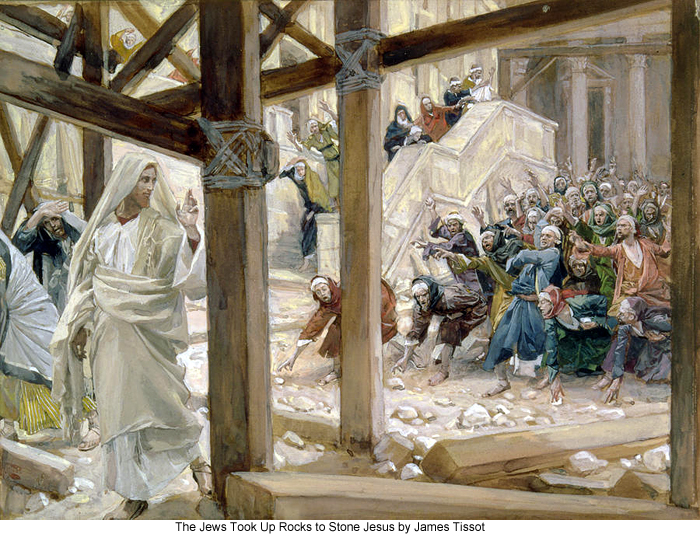Today’s Gospel warns that, for whomever disobeys the Son, “the wrath of God remains upon him.” Peter in today’s First Reading explains to the Sanhedrin that he must obey God, not them. They never believed in Our Lord, so when reports start coming in of what Peter and the other apostles are preaching they filter it, out of a lack of faith, and see the apostles as simply seeking to incriminate them for the injustice they’d done. They don’t want his blood on their hands, but it is already there. If they have to face the wrath of God it will be for their lack of faith in the Son.
The Sanhedrin is doing a partial reading of the message. The Lord was crucified due to their machinations, but they didn’t succeed: God raised him up and placed him at his right hand for Israel’s salvation. Even the Sanhedrin can receive this salvation if they believe in the Son and strive to obey him. It’s lost in history, but someday we’ll know whether any of those men did abandon their tragic and evil pattern of killing the messenger whose message reflects badly on them and turned to the Son.
However, it’s not too late for us. If we believe in the Son and obey him we can enjoy the fruits of a new life right here, right now, whether we’ve been committed Christians or enemies of Our Lord. Let’s accept his message and his messengers for what they are: guides to a renewed and spiritual rich life.
Readings: Acts 5:27–33; Psalm 34:2, 9, 17–20; John 3:31–36. See also 2nd Week of Easter, Thursday.


